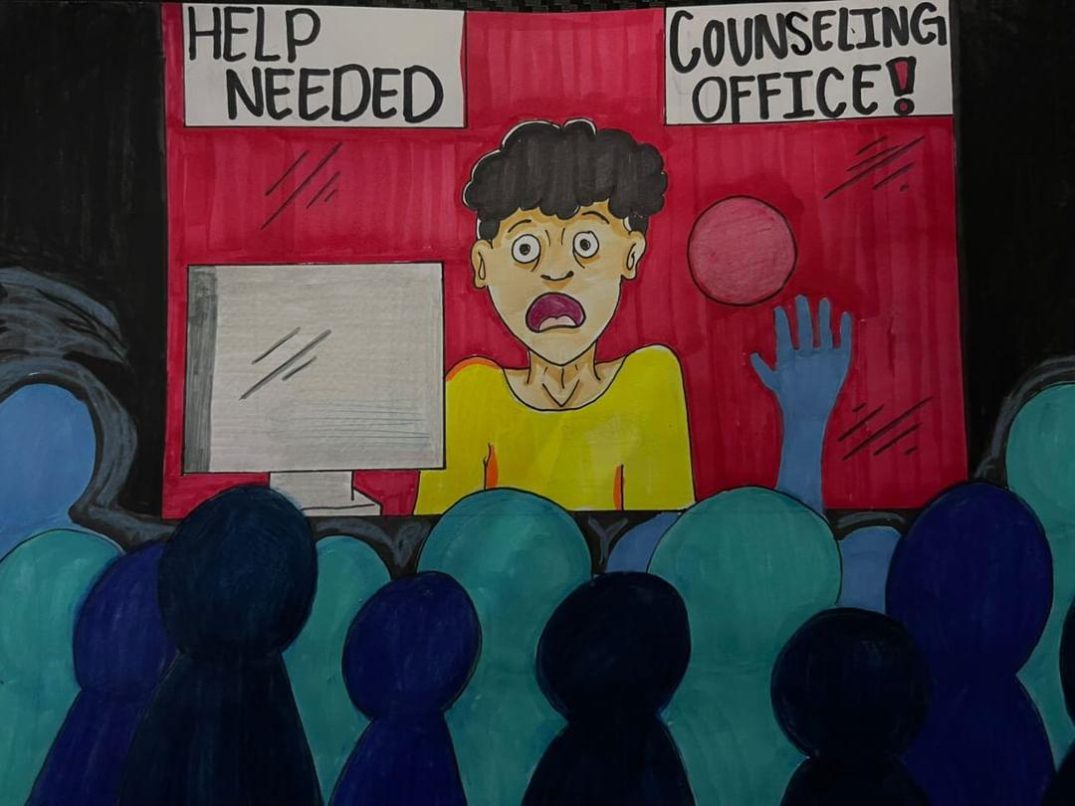After announcing a proposal to end federal penalties for Americans in possession of fewer than 100 grams, last Wednesday, Representative Barney Frank D-Mass called for an end to the persecution of responsible marijuana users.
House Resolution 5843, the Personal Use of Marijuana by Responsible Adults Act of 2008, proposed by Frank, is a bill which would support marijuana smokers possessing up to 100 grams of cannabis without being arrested, and would also allow the transportation of up to an ounce of marijuana without profit.
“I don’t think it is the government’s business to tell you how to spend your leisure time,” Frank said. “There are some things I do, that other people don’t do, and I want to be free to do them.”
The proposal does not include anything about cultivating, importing or exporting marijuana, or selling it for profit.
While two of the top legal drugs in America, alcohol and tobacco, bring billions into the pockets of businesses and corporations, they come with a toll on society, filled with addiction, abuse and tax dollars spent on the funding for special government programs.
Americans are permitted to consume alcohol, and the government concentrates its law enforcement upon those who abuse alcohol or those who drive under the influence, Allen St. Pierre, spokesman for the National Organization for the Reform of Marijuana Laws said.
“We do not arrest and jail responsible alcohol drinkers,” he said.
Since 1965, there have been 20 million marijuana-related arrests, and 11 million since 1990, and every 38 seconds, a marijuana smoker is arrested, he said.
“I think the government makes more money off of putting people in jail and fining them for marijuana,” Eric Bennits, 20, nursing major said. “I’m not a big pot-head, but I think it should be legalized. Everyone does it.”
According to the Drug Enforcement Administration, the legalization of marijuana will come at the expense of children and public safety, will create dependency and treatment issues and open the door to the use of other drugs, impaired health, delinquent behavior and drugged drivers.
Brazil and Colombia have adopted laws decriminalizing drug use in an effort to combat against the spread of HIV through shared needles, while some European countries and other parts of Latin America have also passed similar laws.
“The evidence generally shows that the decriminalization of possession is not clearly associated with any increase in illicit drug use,” Ethan Nadelman, founder and executive director of the New York-based Drug Policy Alliance said.
With policy held in this respect, attention would be placed not upon those who habitually smoke marijuana, but on those who traffic in it and who control distribution of the commodity.
“Those who should be persecuted are those who sell the substances, those who give it away, those who traffic in it,” Cristina Fernandez de Kirchner, president of Argentina, said.
Based on the U.S Government’s own research, one would have to smoke two-thirds of one’s own body weight within fifteen minutes or consume one-third of one’s own body weight in the same time to reach a lethal dosage of marijuana.
Although, one may find it difficult to keep that much raw marijuana down in one’s belly while actually maintaining a lethal dose.
Thus far, there have been no reports of any marijuana over-dose.
Alcohol poisoning, on the other hand, is much more frequent with roughly 50,000 cases reported in the U.S each year, according to the National Center on Addiction and Substance Abuse at Columbia University.
To keep American pot-smokers under persecution for the inhalation of tetrahydrocannabinol (THC), while more lethal, legal drugs like alcohol, tobacco and caffeine are sold on store-shelves nationwide, is a gross example of the initiative that drives this fine country: money.
“Alcohol will mess you up more than weed ever will,” Patrick Leftridge, 23, barbeque sales-man said. “You can over-drink, but you can’t over-smoke.”





